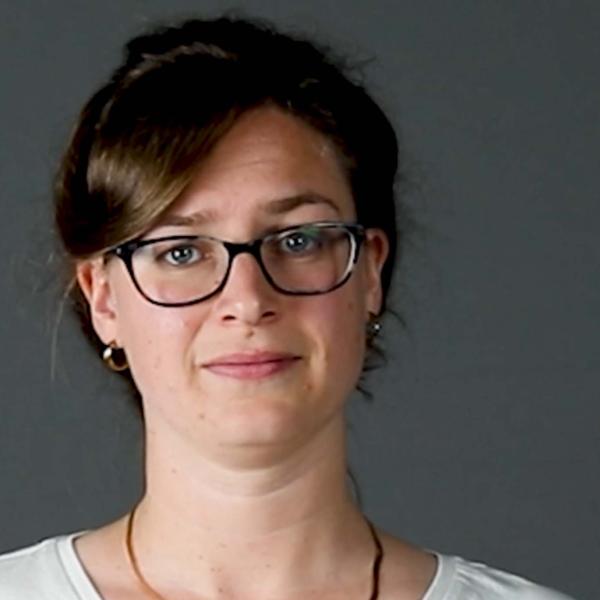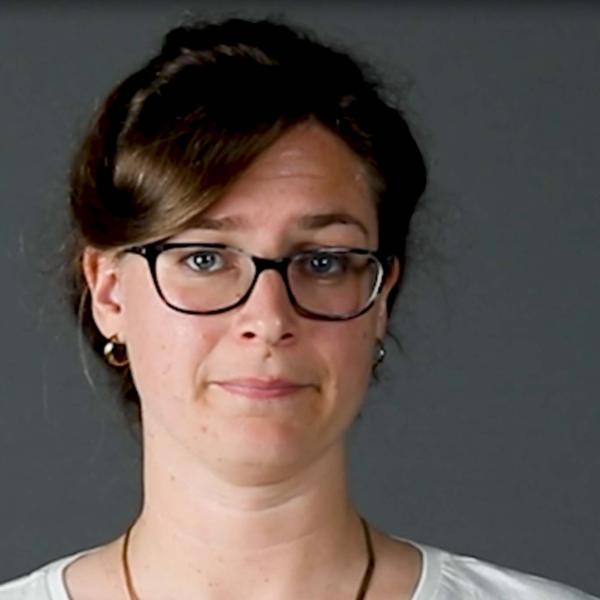We study a model of competition among polling stations where polling stations have to invest in counting precision to attract voters. The benchmark is the (current) monopolistic case in which there is no incentive to provide particularly good counting technologies. Unsurprisingly, we find that competition enhances precision when compared to a monopoly. The somewhat surprising part of our result is that the optimal number of polling stations is two.
Authors

Heike Harmgart

Steffen Huck
Journal article details
- Publisher
- Kluwer Academic
- Issue
- June 2003
Suggested citation
Harmgart, H and Huck, S. (2003). 'Could the Florida election disaster have been avoided by competition among polling stations?' (2003)
More from IFS
Understand this issue

Childcare and the early years: what are the new entitlements and how will they be delivered?
explainer
IFS Associate Director Christine Farquharson explains.
1 July 2024

Levelling up: it’s time to step up
comment
The gap in employment rates between the best- and worst-performing areas is at its widest since 2005, says Christine Farquharson.
30 June 2024

What is ‘levelling up’ and how much progress has been made?
explainer
IFS Associate Director Christine Farquharson explains.
29 June 2024
Policy analysis

How would the parties’ tax and spending plans affect Scotland and Wales?
report
This ‘explainer’ looks at how the parties’ proposals would affect Scotland and Wales, covering tax, spending, public finances and the constitution.
28 June 2024

Free breakfast clubs in schools: what Labour’s plans would mean for pupils and families
comment
Labour’s manifesto promises free breakfast clubs in all primary schools. This comment examines possible benefits and challenges with the policy.
25 June 2024

What are the parties’ plans for benefits and taxes?
calculator
Use our simple interactive tool to see how the parties’ plans for benefits and taxes would impact household incomes over the next five years.
24 June 2024
Academic research

Fiscal Studies: Volume 45, Issue 2
journal issue
Fiscal Studies: Volume 45, Issue 2
28 June 2024

Income inequality in Ireland, 1987–2019
journal article
This paper highlights an aspect of the Irish experience that does stand out as quite remarkable.
28 June 2024

Inequality in Denmark, 1987–2021
journal article
We investigate the progression of income inequality in Denmark over the years 1987–2021.
28 June 2024